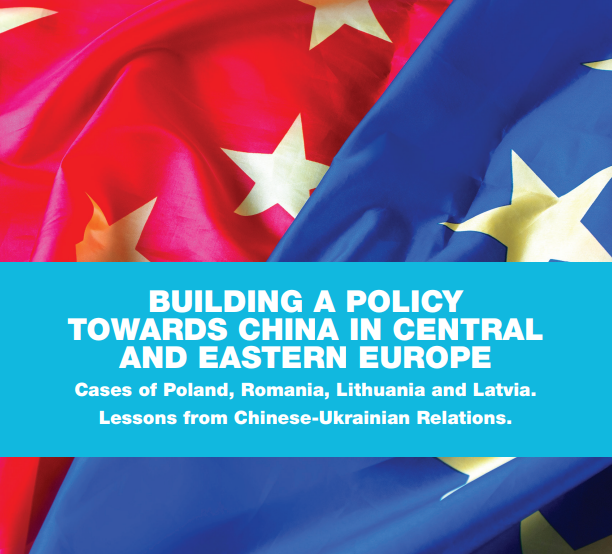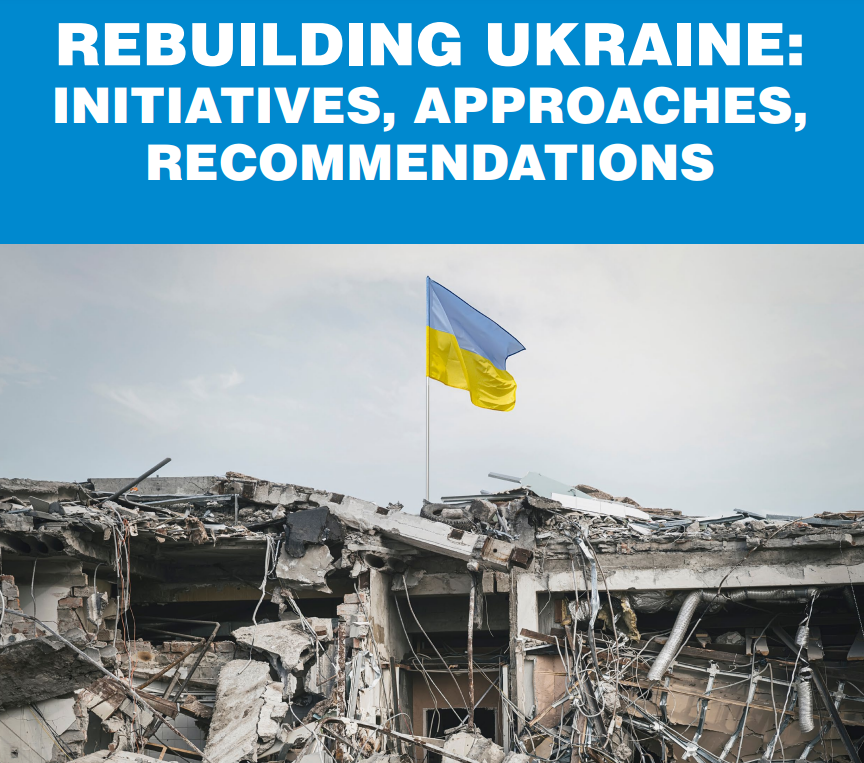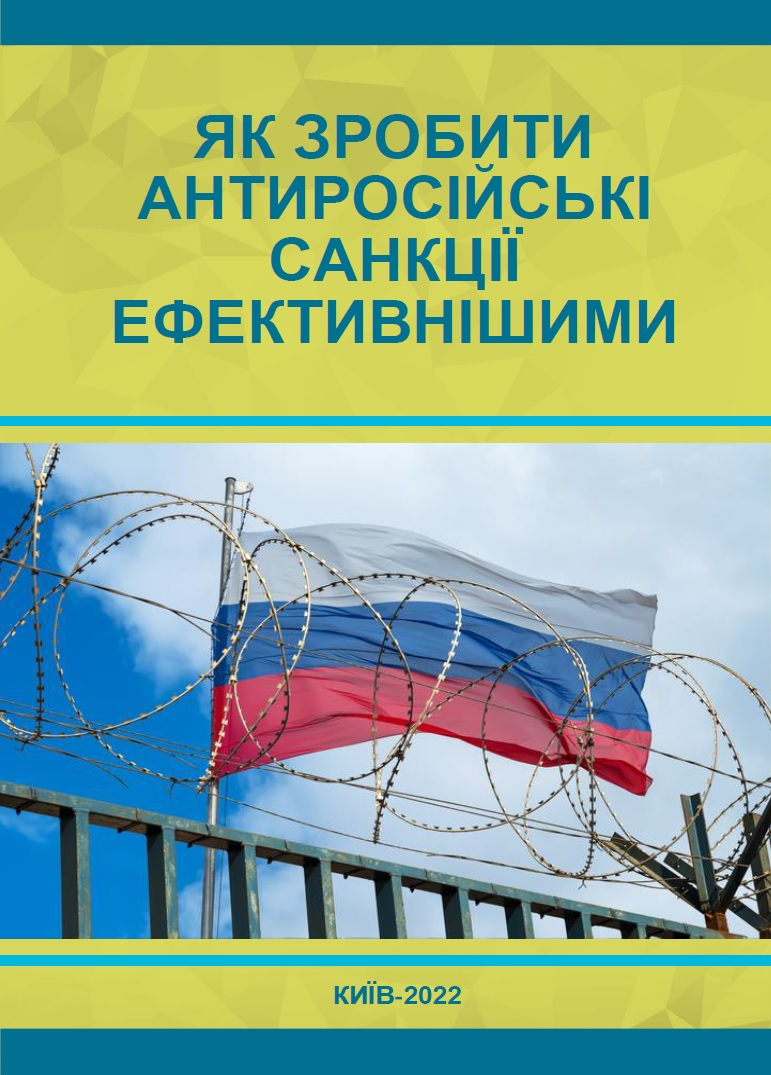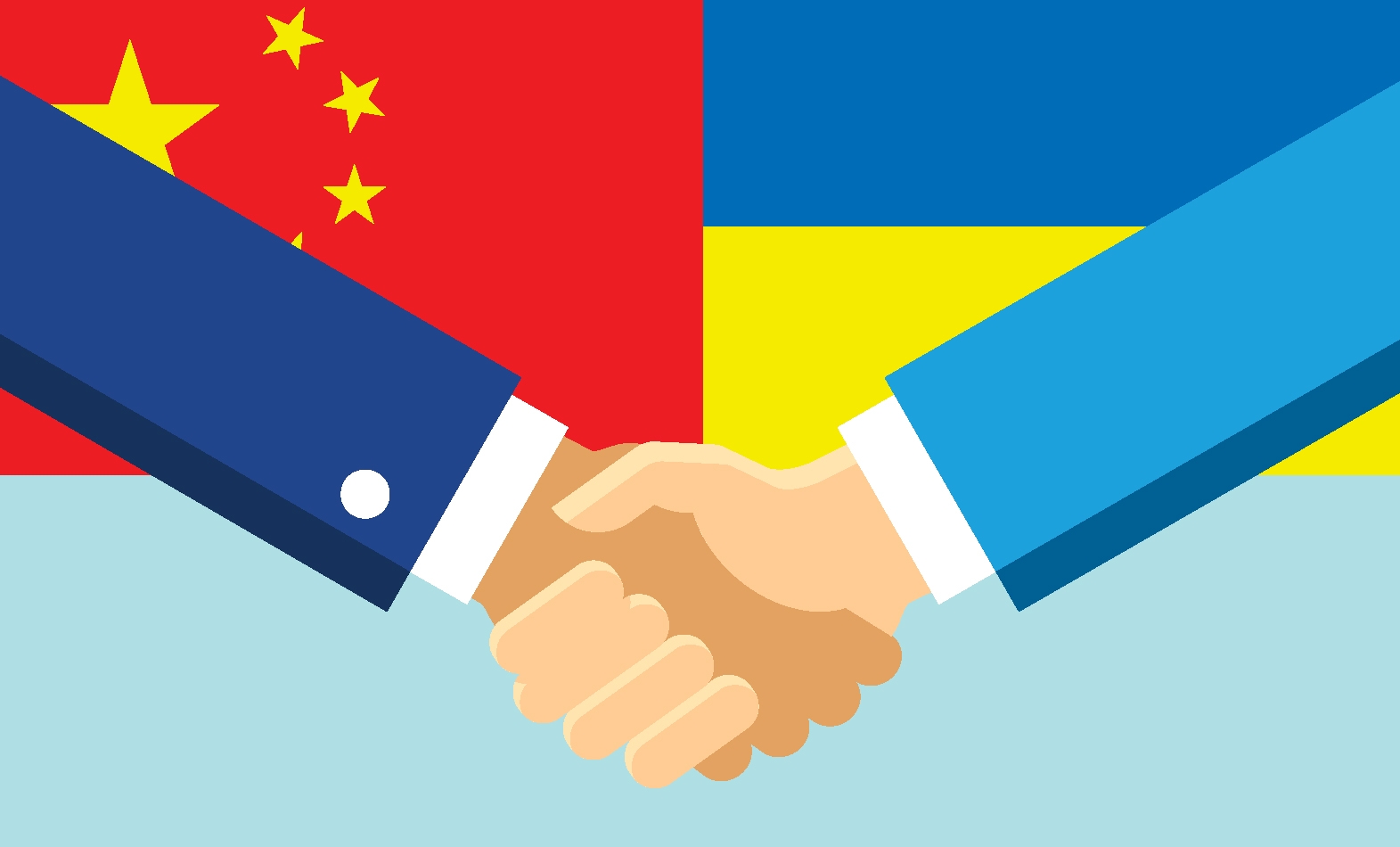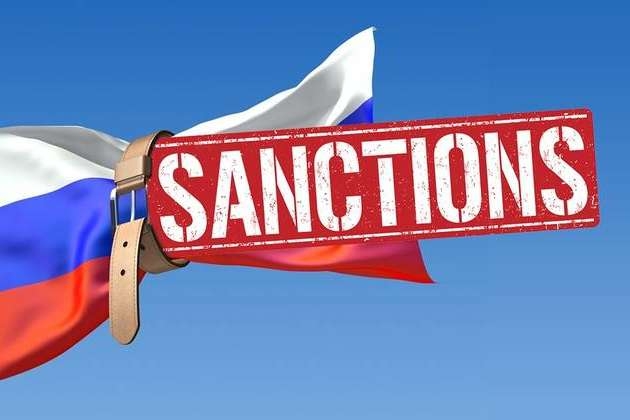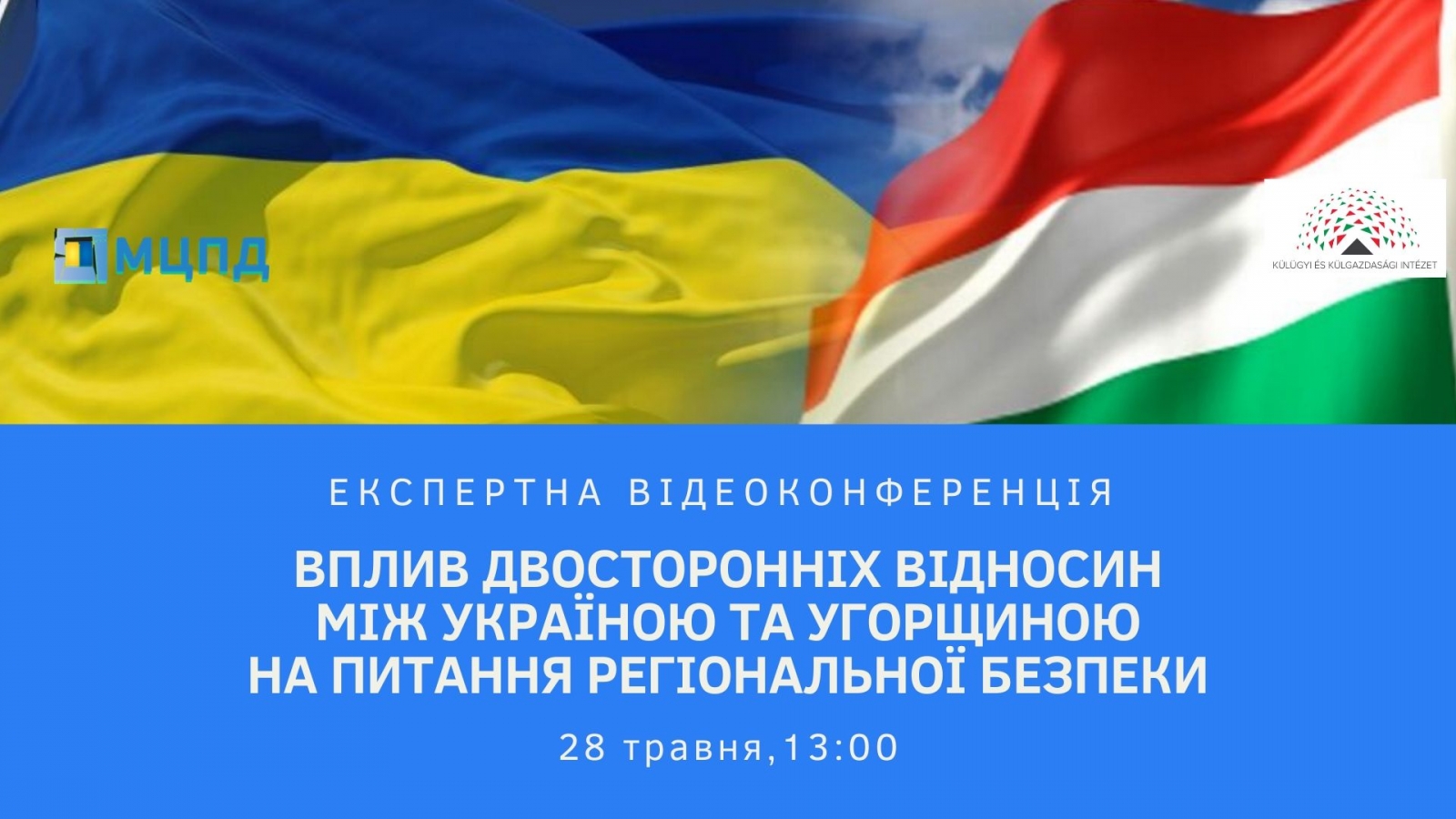Cameron Gibson, visiting expert, University of the West Scotland
On the 8th of June, Britain votes to elect a new Prime Minster. This election was the result of the Prime Minister, Theresa May, calling it in order for the British public to have a say in how a ‘Brexit’ Britain and Brexit itself ought to be governed. British governments are elected through a process called ‘first past the post’, where seats (constituencies) are allocated on a majority basis –the candidate with the highest amount of votes wins the seat, and the party will the largest amount of seat in parliament can form a government). Polling suggests that this election will be between two individuals: Theresa May from the Conservative Party and Jeremy Corbyn from the Labour Party. It is these two who wish to become British Prime Minister, to form a government and to shape Britain around their ideas. With this in mind, it is worth considering what this election will mean for Britain and its place in the world.
Foreign Affairs
Foreign policy has taken central stage in this election, given the fact it has been called as Britain goes into negotiations for leaving the European Union. Such a decision will have implications for trade, immigration and Britain’s position in the world, so it is vital for a prospective Prime Minister to have a coherent foreign policy. Of note this election is NATO, trading relationships and defence.
The Conservatives desire a gradual year-on-year increase of 0.5% in defence spending; a commitment to spend 2% of GDP to the North Atlantic Treaty Organisation; expanding transnational involvement with the Modern Slavery Act and the promotion of free trade. This last aspect will involve strengthening partnership and economic ties with the Commonwealth and the United States.
Labour wishes to facilitate reform of the United Nations with regards to the veto held by the permanent members of the Security Council and the likelihood of abuses; the formation of a Ministry of Peace department to work on conflict prevention, post-conflict peacebuilding and protecting civilians in conflict; a commitment to the recognition of Palestine and the two-state solution; continued investment into the armed forces; minimising tariff and non-tariff barriers to trade and finally, unrestricted trade of goods and services with the European Union.
The possible reform of the United Nations, formation of a new Ministry, pursuit of multilateral nuclear disarmament and necessity to support “meaningful negotiations” with regards to the Israel-Palestine conflict align themselves with the pacifist wing of the Labour party, but may be viewed as overburdening government departments in view of negotiations to leave the European Union.
Both parties are discussing the possibilities of trading easily both internationally and within Europe. For the Conservatives this is an ideological position to take, given their support for market forces in economic affairs; for Labour, it is a pragmatic position. Nevertheless, both parties could find it difficult to achieve their aims. The success of which depends on the conditions of negotiation (both through Brexit, with the World Trade Organisation and possible trading partners) and their other commitments vis-a-vis movement of people, goods and immigration.
The changing relationship with Europe obligates a focus upon diplomacy and reaffirming trading relationships, hence the strong inclusion of such aspects in both manifestos. However, there remains key policy bias. The Conservatives have historically favoured a strong armed forces and a strong protection of the national interest; whereas Labour have favoured the upholding of international law and promotion of international humanitarian efforts. These biases are clearly illustrated within these manifestos to maintain key party support.
Economic Policy
The Conservative manifesto is a bid for the centre ground of British politics –witness policies such as an energy cap and a higher living wage. Despite these policies, concessions to low-taxation are multiple. There will be no Value Added Tax, a commitment to maintaining low corporation tax and increasing the personal allowance to £12,500 before taxation. It is clear that through this manifesto, the Thatcherite thinking of the Conservatives is a waning force. Pragmatism is the only show in town, and typically Thatcherite-minded Conservative politicians are backing May due to her support of Brexit. In comparison, Labour under Jeremy Corbyn aims at core Labour supporters, both in language and policy. Like the Conservatives, Labour is committed to no further VAT rises, but that is where the similarities end. Labour wish to increase corporation tax for businesses, a closing of taxation loopholes and empower the HM Customs and Revenue to clamp down on tax avoidance. There will be no income tax increase for those earning less than £80,000. The economic model of Labour has been clearly influenced by Corbyn and his Shadow Chancellor, John McDonnell. Their desire for taxation and investment is marked Keynesian and it is clear that Labour have been reshaped from the highly successful election winning ‘Third Way’ thinking of Tony Blair.
The Union
As well as being perceived as ‘Brexit election’, this election carries a significant Scottish Independence dynamic. This issue will be viewed through the prism of the two parties discussed throughout. The Conservatives have benefitted in Scotland from defining themselves as the bulwark against the Scottish National Party and the possibility of another referendum. However, there is a co-dependency between the SNP and Conservative parties –each brings one another joint gains in support. This is the paradoxical nature of politics in Scotland currently. If Theresa May wins this election, it may extinguish the possibility of another Scottish independence altogether, or inflame a greater push for it. However, this seems unlikely, given the drop in s0upport for another referendum, overall disaffection for the SNP’s governance record (especially in education) and the precedent which allows the Prime Minster to grant or deny requests for referendums. The Union looks to be safe, for now.
The Parties
Regardless of the outcome, Jeremy Corbyn has stated his intention of staying as leader. This is despite a majority of the Parliamentary Labour Party not supporting him. Whatever the result, they may be an opportunity to form an additional party in British Politics for either side. However, this is unlikely to happen. Labour have form when it comes to internal disputes, but can overcome them if they are to govern. Corbyn has strong ‘grassroots’ appeal with activists but has always maintained the position of outsider when it came to party politics. This appeal with activists and groups outwith the parliamentary framework may be enough to bolster him in the short term, but he will have to gain a foothold when it comes to support from the parliamentary party if he is to maintain his position soon after. Conversely, the Conservatives have rallied around Theresa May, given that the only likely area of conflict for the party –Europe- is being pursued on the terms of the referendum result. However, despite the personal narrative of this election, if the Conservatives do not win, as a party they will not think twice about replacing May, especially as during this election support for the party polled its highest since 1983. However, it is expected that the Conservatives will win this election. Thus, several Tory MPs, it has been said, are looking to be in power for the foreseeable future. Nevertheless, given the outcome of Brexit, trusting polling results has become a suspect practice and with voting underway, it could all change.
Conclusion
In conclusion, there is a defined choice for Britain to make, despite the Conservative shift to the ‘middle’ ground. A government under Theresa May will be a continuation of the last five years, but with a distinctly pragmatic flavour: low taxation, a strong foreign policy but attempts to answer concerns of living costs and wages. A Britain under a May government will pursue Brexit, yet attempt to foster a new relationship with Europe and trade deals outwith the single market, whilst maintaining a strong commitment to NATO, transatlanticism and the armed forces generally. Conversely, a government under Jeremy Corbyn will be a marked change from the previous government. An increase in taxation and government expenditure and a foreign policy which is predicated upon involvement in trans-national frameworks such as the United Nations with transatlantic relations conditional. A Labour Brexit, much like a Conservative one, will be reliant upon negotiations in the shape it will take. That said, internal politics (be it Eurosceptic Tory MPs or Labour MPs who supported Remain) will govern the likelihood of concessions made by either government.
ICPS experts researched the question of building a policy towards China in Central and Eastern Europe
ICPS has prepared an analytical study focused on the evolution of China's regional policy in Central and Eastern Europe, as well as recommendations for developing policies towards China in the region. The "One Belt, One Road" initiative has become a key tool for promoting China's geopolitical interests and implementing its grand strategy aimed at changing the existing international order. This global initiative encompasses transportation, logistics, trade, and investment projects, promoting China's transition to a new level of influence and responsibility. Europe plays an important role in this. The European market is a natural "center of gravity" for China's export-oriented economy; Beijing seeks to build strong cooperation with Europe based on active trade and interdependence. China, in its turn, is also an important trading and economic partner for Europe. Central and Eastern European countries (CEE) have in some sense become "gateway" to Europe for China. Seeking to deepen relations with them and involve in its own infrastructure projects, China has developed and implemented a regional policy within the framework of the "14+1" initiative (previously "16+1" and "17+1"), as well as on a bilateral level. This Chinese activity has elicited ambiguous reactions both among participating states and among other EU members. Russia's invasion of Ukraine has brought new problems to the agenda and significantly weakened China's position in Europe, particularly in the CEE. Political and security issues have taken priority over trade and infrastructure. The ongoing war has forced both China and countries of the region to adjust their perceptions and policies towards each other. The most vivid trends and problematic issues are examined in the paper utilizing the experience of Poland, Romania, Lithuania, and Latvia. Taking also into account Ukraine's experience in building relations with China, recommendations are provided for the main elements of CEE's policies towards China. More information can be found at the following link: https://icps.com.ua/en/our-projects/publications/building-a-policy-towards-china-in-central-and-eastern-europe/
What are the main problems of reconstruction plans for Ukraine and what are the ways to solve them: experts provided recommendations
International Centre for Policy Studies has presented the document "REBUILDING UKRAINE: INITIATIVES, APPROACHES, RECOMMENDATIONS", which analyzed different aspects of the future reconstruction process for Ukraine. According to various estimates Ukraine's total losses resulting from Russian aggression at the end of 2022 constituted around 700 billion US dollars. This amount has been increasing every day of Russian attacks and bombardments targeting civilian infrastructure and killing innocent people. The international community recognizes the need to finance reconstruction of Ukraine. There have been many international conferences, expert studies and discussions on that. However, there is currently no consensus on sources or tools for Ukraine's rebuilding projects, no agreed overall concept of how the process will be conducted and implemented. Meanwhile, needs of Ukraine for reconstruction are urgent and vital to keep country viable and able to withstand Russian continuing aggression. This necessitates an in-depth study of the issue as well as public and expert discussions to suggest appropriate decisions. In this paper the International Center of Policy Studies examines existing international experience of post-war reconstruction with a special attention to good examples, which can be used by Ukraine. Existing initiatives regarding the reconstruction of Ukraine are analyzed with a focus on new ideas and recommendations, which can be used in this process. The study intends to contribute to current expert discussions in Ukraine and among our partners on reconstruction of the country during and after the war. You can read/download the ICPS publication "REBUILDING UKRAINE: INITIATIVES, APPROACHES, RECOMMENDATIONS " by following the link: https://icps.com.ua/en/our-projects/publications/rebuilding-ukraine-initiatives-approaches-recommendations/
How to make sanctions more effective: ICPS analysts offered new ideas
International Centre for Policy Studies has presented the document "How to make anti-Russian sanctions more effective", which analyzed the gaps in the sanctions policy. It is noted that the international community has adopted seven packages of sanctions against Russia since its full-scale invasion of Ukraine in 2022. Over 50 countries have in some form joined the sanctions regime. Some states, such as Israel and China, don't adopt sanctions but block potential ways for Russia to evade their effect. Mainly, it is the developing countries that don't implement the sanctions regime, while the collective West is decisive and united in its exploit of the tool. Akin to 2014 and after, sanctions constitute a complex mechanism of selective action. They are not absolute but rather operate in different sectors and against particular individuals or legal entities. In addition to sectoral sanctions, diplomatic and visa restrictions are in place. At the same time, to make the sanctions more effective, the international community should fill the gaps that allow for a selective designation of Russian oligarchs and politicians. It requires a systemic analysis and monitoring aimed at finding these gaps, then sanctioning the individuals who had avoided personal sanctions. Accordingly, this document contains not only an analysis of the sanctions policy, but also recommendations for minimizing its gaps. You can read/download the ICPS publication "How to make anti-Russian sanctions more effective" by following the link: https://icps.com.ua/en/our-projects/publications/how-to-make-anti-russian-sanctions-more-effective/
SINO-UKRAINIAN RELATIONS: RESEARCH PAPER
In context of the ICPS' latest project on monitoring foreign economic relations, ICPS experts have conducted extensive research, round table debates and in-depth analysis of the current status of Sino-Ukrainian relations. China's political interest and economic investments in Ukraine has risen exponentially since the announcement of the One Belt One Road Initiative, yet is Ukraine ready for intensifying bilateral relations with such a world power? For more details, read the ICPS' latest study.
Austrian experts and diplomats discussed ICPS study “Sanctions against Russia”
Sanctions must remain a key instrument of pressure on Russia to restore Ukraine's sovereignty and territorial integrity. This conclusion was reached by Ukrainian and Austrian foreign policy experts during expert discussion of the ICPS study “Sanctions against Russia: current state, prospects, successes and gaps of the multilateral international sanctions regime against Russian Federation”, which took place on Tuesday, June 3, in the format of online discussion. About 40 Austrian and Ukrainian diplomats, analysts and foreign policy experts took part in online discussion “Sanctions against Russia: are they still effective?”, organized by ICPS in conjunction with the International Institute for Peace (IIP, Vienna) with the support of the International Renaissance Foundation. The speakers were Hannes Swoboda, President of the International Institute for Peace (IIP), Peter Havlik, expert at the Vienna Institute for International Economic Studies, Anastasia Galushka, ICPS expert in international law and human rights and Mykola Kapitonenko, ICPS associate expert. The participants of discussion stressed the need to continue sanctions against Russia, as Russia's actions in Ukraine are a challenge not only for our country, but for the entire international community which is why they must receive a joint coordinated response. “Sanctions, as a tool “between wars and words”, remain the only way to put pressure on Russia's foreign policy while limiting its destructive potential for international security,” ICPS expert in international law and human rights Anastasia Galushka said. According to Mykola Kapitonenko, combination of different types of sanctions will allow for a more systemic impact on Russian policy; while the procedure of their periodic extension will signal the dependence of sanctions pressure on specific changes in the behavior of the Russian Federation. It should be noted that earlier ICPS experts presented the study “Sanctions against Russia” in the United States, Estonia, Belgium, Italy and Poland. You could download and read ICPS study “Sanctions against Russia” via the link: https://cutt.ly/orQ0PGd
ICPS conducted a video conference on bilateral relations between Ukraine and Hungary
On Thursday, May 28, the International Centre for Policy Studies (ICPS) and the Institute for Foreign Affairs and Trade (Hungary) initiated an expert video conference on “Impact of Bilateral Relations between Ukraine and Hungary on Regional Security”. The online event was part of the project “Ukraine-Hungary: Towards Understanding” with the support of the Institute for Foreign Affairs and Trade. During the video conference, the participants discussed the state and prospects of relations between Ukraine and Hungary in the context of regional security, Hungary's role in Ukraine-NATO relations, the impact of the Russian conflict on Ukrainian-Hungarian relations and regional security. The event was attended by several dozen experts, including Christina Murphy, Deputy Head of Mission, Hungarian Embassy in Ukraine, Georgy Ilyash, research fellow at the Institute for Foreign Affairs and Trade (Hungary), Mykola Kapitonenko, ICPS Expert on Foreign Policy, Dmytro Tuzhansky, political scientist, expert on Ukrainian-Hungarian relations, Anastasia Galushka, ICPS expert on foreign policy and international law. “Relations between Hungary and Ukraine still remain in a well-known deadlock,” Mykola Kapitonenko said. - Minor shifts in recent months, firstly, do not fully meet the expectations that arose after the victory of Volodymyr Zelensky in the presidential election, and, secondly, according to Budapest, do not solve the key problem of narrowing the rights Hungarians in Ukraine”. According to him, the rapid development of events in the region pushes our countries to cooperation. Against the backdrop of the coronavirus pandemic, a bilateral agreement on health cooperation was signed, a corridor was set up in Hungary for Ukrainians to return home, and new formats of governmental remote communication were tested. “The usual agenda, dominated by the Russian threat, retaliation by NATO and the lack of democracy, is giving way to the challenges of pandemic,” Mykola Kapitonenko said. - In addition to those directly related to human health, these are problems that have already been or will be caused by the economic recession and the growing demand for security among citizens. Together, they change the way states communicate and perceive each other. Borders and various barriers are being partially restored, selfishness is growing, and political decisions are returning to the usual national level.” Anastasia Galushka drew attention to the controversial law on education which provoked numerous discussions at the political and professional levels. “It can hardly be argued that citizens living in Ukraine should know the state language of the country, and that this law can only be seen as an advantage for members of national minorities,” ICPS expert said. “However, implement the law in practice was much harder than expected.” According to her, the Venice Commission also addressed this issue and formulated some principles, stating that knowledge of the official language of the state is a factor of social cohesion and integration, and it is legitimate for states to promote their language and call for the state language to be the language of education for all. “Ukraine and Hungary are part of a single region, establishing cooperation and maintaining a common consensus could significantly expand the capabilities of both countries,” Anastasia Galushka added. - This would control the level of escalation of the conflict. The regional context can open new horizons for both states, take them out of the circular discussion and focus only on current problems. A full-fledged strategic partnership is still a long way off, but at least the current crisis can be overcome.”


